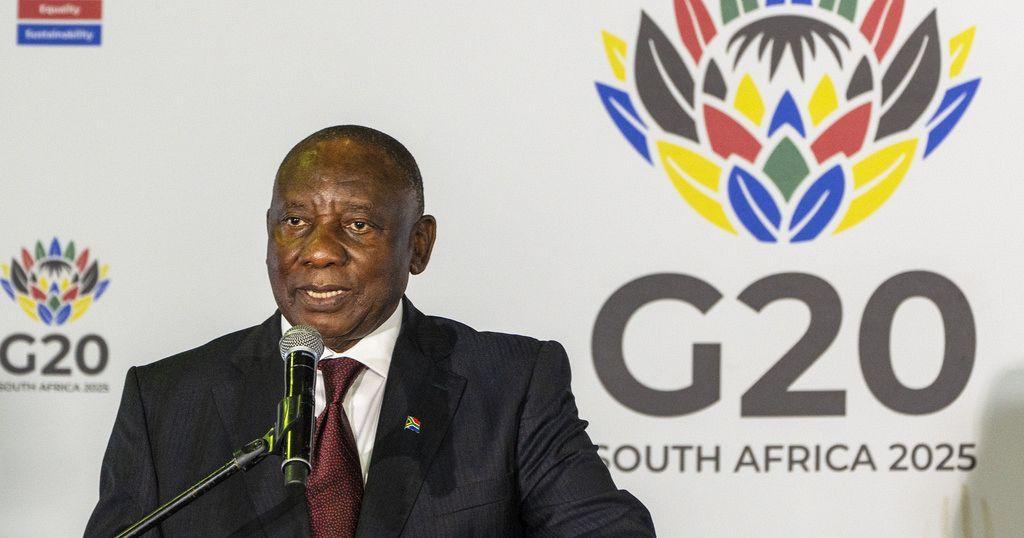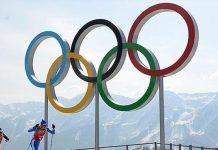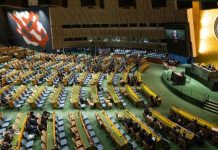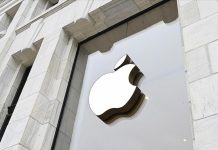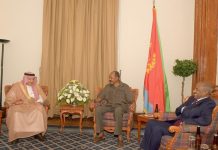Africa-Press – Eritrea. The recurring presence of former U.S. President Donald Trump in discussions about South Africa , and more recently Nigeria, highlights enduring geopolitical tensions and competing visions of influence on the African continent.
Trump’s criticism of South Africa has focused on claims that Afrikaners, a white minority group, are being persecuted through farm attacks and controversial land reform policies. These assertions have contributed to the U.S. decision to boycott the 2025 G20 Johannesburg Summit. In response, President Cyril Ramaphosa dismissed the move, telling journalists: “It is their loss.”
Observers say Trump’s stance reflects a broader pattern of his administration’s approach to Africa: employing hardline rhetoric and provocative tactics to challenge nations that adopt independent positions in global forums or strengthen ties with powers like China. In Nigeria, similar messaging has demanded alignment with U.S. interests, often critiquing leadership decisions in public statements.
Africa’s moment to lead
With world leaders gathering in Johannesburg for the first-ever G20 summit on African soil, the continent finds itself in an unprecedented global spotlight. The summit is more than a high-profile diplomatic meeting; it is a chance for Africa to move from the sidelines to shaping the future of global economic and political policy.
Hosting under the banner “Solidarity, Equality, Sustainability,” South Africa intends to bring long-neglected issues to the table, from climate finance and debt relief to trade and investment reform. Ramaphosa has emphasized that Africa’s unique challenges must take precedence:
“Debt stress constrains growth, climate impacts hit us disproportionately, and global trade rules must be fairer. These are not abstract concerns, they affect millions of lives across our continent.”
The summit is expected to spotlight stronger multilateral banks, improved climate finance mechanisms, and reforms designed to make the global financial system more inclusive.
Geopolitics behind the scenes
Yet the summit is as much about diplomacy and power as it is about policy. The U.S. boycott underlines persistent tensions, highlighting the complex position African countries occupy between competing global powers. China, by contrast, has been vocal in expressing support for Africa’s leadership ambitions, with Foreign Minister Wang Yi stating:
“We must listen to Africa, take its concerns seriously, and work to leave a distinct African mark on the Johannesburg Summit.”
This sets up a subtle geopolitical chessboard, where African leaders must navigate relations with established powers while advancing the continent’s priorities.
Hosting under scrutiny
Beyond politics, Johannesburg faces practical challenges. Infrastructure issues, including power supply concerns and water shortages, have raised questions about whether the city can manage an event of this scale. Success could cement South Africa’s reputation as a capable host for future international gatherings, while missteps could draw attention away from policy achievements.
Why the summit matters
The 2025 G20 could reshape how Africa is perceived on the world stage. For decades, the continent has often been the subject of global policy rather than a driver of it. Johannesburg offers a chance to change that narrative, from Africa as a recipient of aid to Africa as a leader and partner, shaping the global agenda.
The world will be watching closely: will commitments on debt relief, climate action, and inclusive growth translate into tangible outcomes, or remain rhetorical promises? Will Africa’s voice carry the weight of influence it seeks?
The Johannesburg G20 could prove pivotal, a moment where Africa not only hosts but leads, demonstrating that its role at the global table is substantive, transformative, and lasting.
For More News And Analysis About Eritrea Follow Africa-Press


